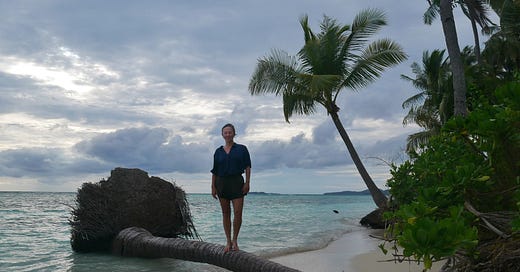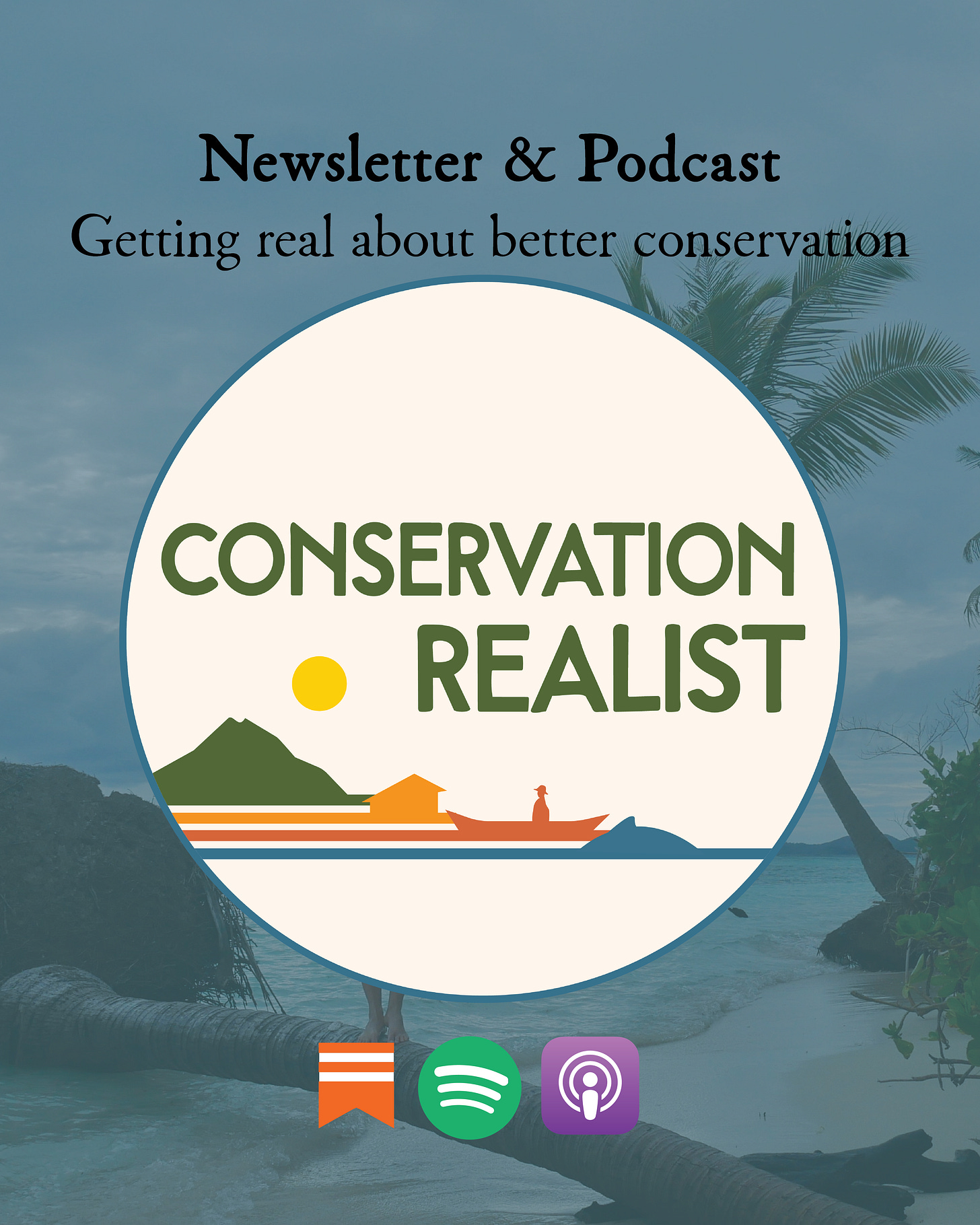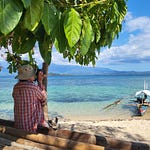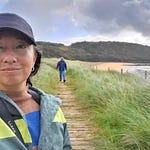Hi, hello, it's been a while! I've just returned from another trip to Southeast Asia, feeling renewed, inspired, and ready to resume Conservation Realist!
...I realize this sounds very similar to me about a year ago, when I also had just returned from Southeast Asia and was convinced that I was going to dive right back into this project. But this time, life circumstances are such that I am fully committing to not only resuming this project, but *expanding* it. It's my passion project - that hasn't changed in the past year or so - and also, I received some generous donations from listeners/readers back in 2023, and I want more!
Kidding. But I did, really, receive those donations, which were unexpected and very encouraging, and I sincerely want to do a better job of living up to the faith in my work shown by those lovely donors (thank you - you know who you are!).
I also have observed, from my on-the-margins-peeking-in vantage point, that the ideas motivating Conservation Realist are becoming more and more mainstream, which is exciting! I'm motivated to hop in again and contribute to this building momentum toward conservation that is more ethical, equitable, and effective.
What this will look like:
This second season/round/manifestation of Conservation Realist will look somewhat different. I'll cycle through different post types:
Interviews, of course, because I love an excuse to talk with people who inspire me and from whom we all can learn
Deep Dives, where I nerd out on a specific concept, case study, or paper/book
In the Real World, where I discuss actionable ideas on how to implement "better conservation" in practice
Advice, where I provide more specific insights, tips, etc. on conservation career pathways, fieldwork, and project implementation
Notes From the Field, where I share quick snippets of my own experiences, or very specific ideas from papers, news stories, colleagues' experiences, etc.
An exciting note: This summer, I will be launching a training program linked to Conservation Realist, which I'm calling "Conservation Sense." This program will include various online training series, so that you and all of your colleagues, friends, and institutions can dive in and learn critically important mindsets, approaches, and tools for better conservation. I'm really diving into this, and am optimistic (and, hopefully, realistic) about this being a useful product that can also contribute to my livelihood (so, this will *not* be free, but we can definitely chat about ways to make it as accessible as possible to those who are interested). The first series will be on “Conservation Mindsets,” and another upcoming one will be on improving capacity building. Let me know if you might be interested, or what other topics you’d like to see taught!
I want to make all of the information shared here more digestible, so I will actually be posting more on Instagram and LinkedIn (I was told that enduring and enthusiastically joining the self-promotion parade on LinkedIn would be important), perhaps also Bluesky (big “perhaps”), sharing key points from these various posts, in case you don't have the attention span to listen/read at length.
So, I look forward to sharing more ideas with all of you, in a more concerted and in-depth way than in 2023. This is a leap of faith for me, spending more time on this in the hopes of creating something meaningful, and I appreciate you joining me in the process!
In case you've forgotten who I am and what Conservation Realist is: I am Dr. Tara Sayuri Whitty, an expert in conservation evaluation, capacity building, and social-ecological research. Formerly in academia, then IUCN, and now freelance consulting (plus working in my 2nd career, with nonspeaking autistic individuals). I'm a pragmatist who does, on occasion, feel hopeful.
Conservation Realist is my passion project. It's a newsletter and podcast focused on how we can make conservation better. By better, I mean: more effective, but also, more ethical and equitable. And those three elements generally go hand-in-hand. The approach: mindful, no-nonsense explorations of concepts, approaches, and practices, informed by on-the-ground experiences and lessons from diverse individuals and sectors.
A note on the format: Rather than having the podcast and text match verbatim, I'm primarily going to prepare the newsletter text ahead of time, and then just chat about it in the podcast version. You'll still get the main points in the podcast, but I want to streamline the podcast and also encourage people to engage more with the written newsletter, where I'll be more able to present sources, figures, etc. There will also automatically-generated transcripts (one of the *very few* uses of AI that I have deemed acceptable in my own life) of the podcast portion.















Share this post